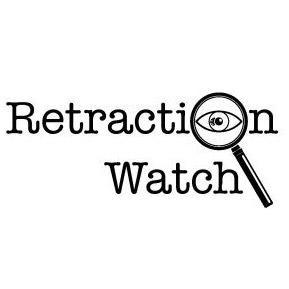 Dear Retraction Watch readers:
Dear Retraction Watch readers:
Maybe you’re a researcher who likes keeping up with developments in scientific integrity. Maybe you’re a reporter who has found a story idea on the blog. Maybe you’re an ethics instructor who uses the site to find case studies. Or a publisher who uses our blog to screen authors who submit manuscripts — we know at least two who do.
Whether you fall into one of those categories or another, we need your help. Continue reading Retraction Watch readers, we need your help to be able to continue our work
 The stars did not align for a 2016 paper ancient astronomy in the Amazon region after the author discovered errors in his work that the journal deemed fatal to the case, although the author has objected to the retraction.
The stars did not align for a 2016 paper ancient astronomy in the Amazon region after the author discovered errors in his work that the journal deemed fatal to the case, although the author has objected to the retraction. 

 Before we present this week’s Weekend Reads, a question: Do you enjoy our weekly roundup? If so, we could really use your help. Would you consider a
Before we present this week’s Weekend Reads, a question: Do you enjoy our weekly roundup? If so, we could really use your help. Would you consider a 


 The U.S. Federal Trade Commission has won a judgment against a publisher and conference organizer that has been
The U.S. Federal Trade Commission has won a judgment against a publisher and conference organizer that has been  Edward J. Fox, a former faculty member at the University of Washington in Seattle, faked data in a manuscript submitted to Nature and in an NIH grant application, according to new findings from the U.S. Office of Research Integrity (ORI).
Edward J. Fox, a former faculty member at the University of Washington in Seattle, faked data in a manuscript submitted to Nature and in an NIH grant application, according to new findings from the U.S. Office of Research Integrity (ORI).